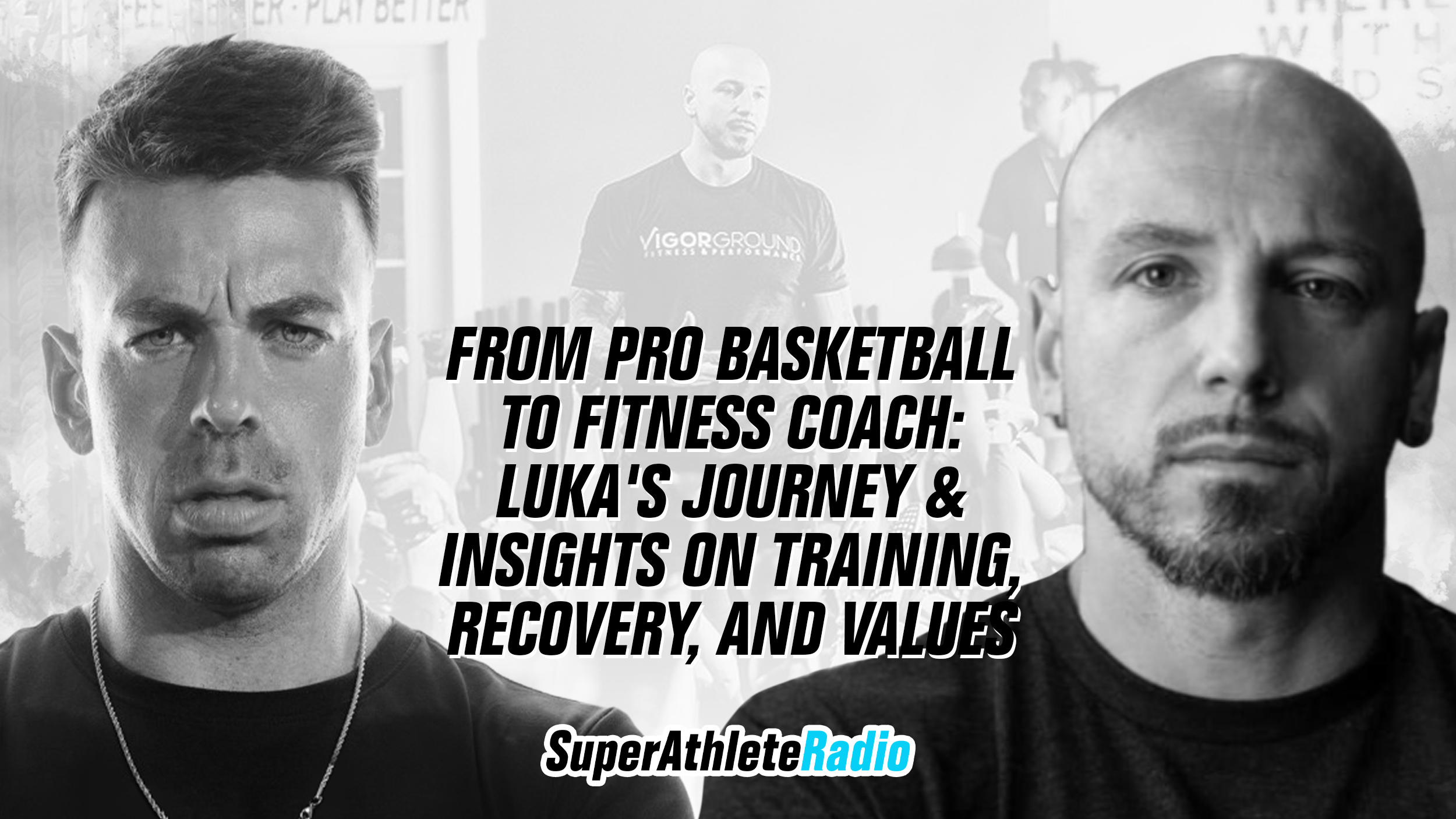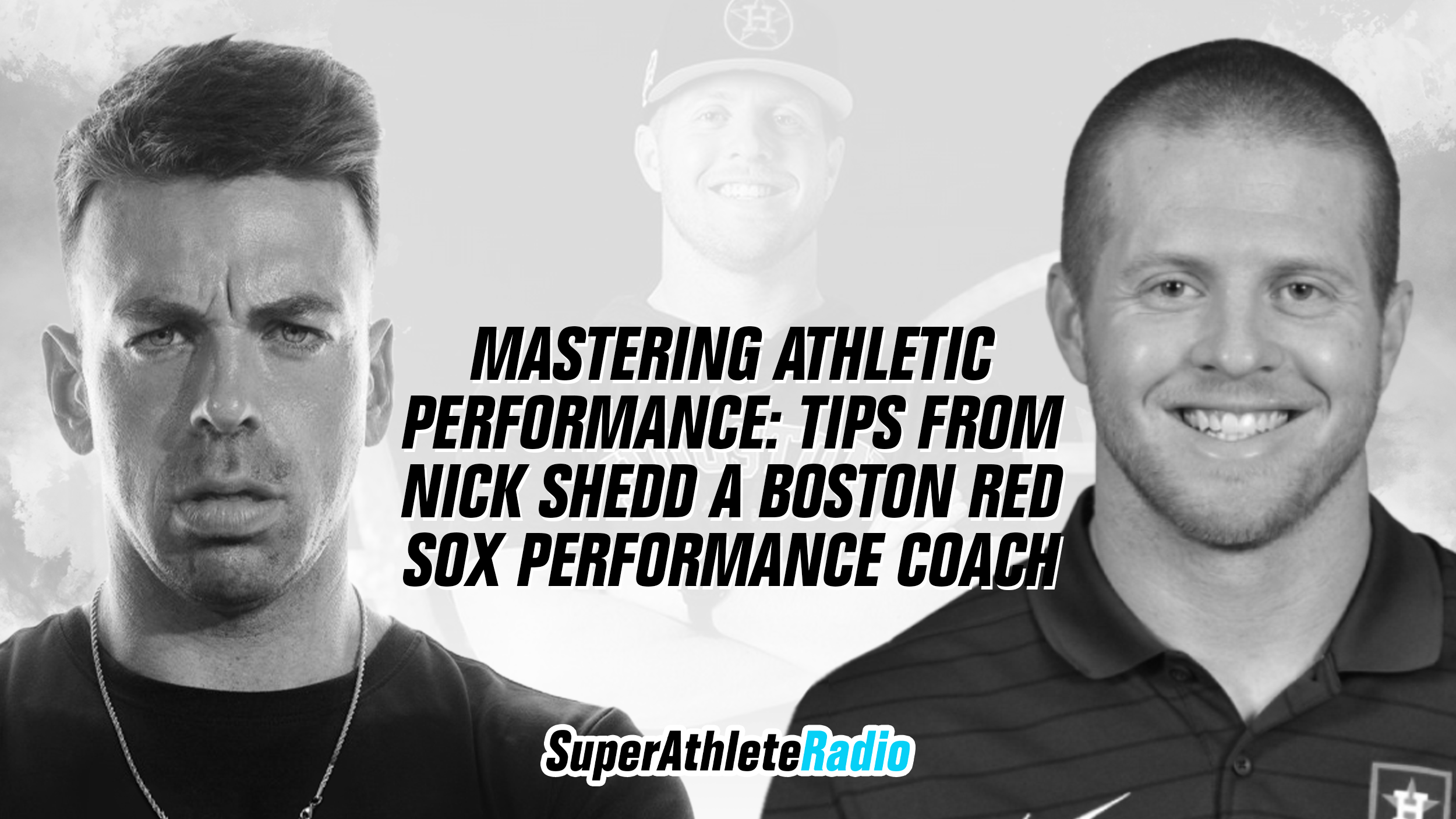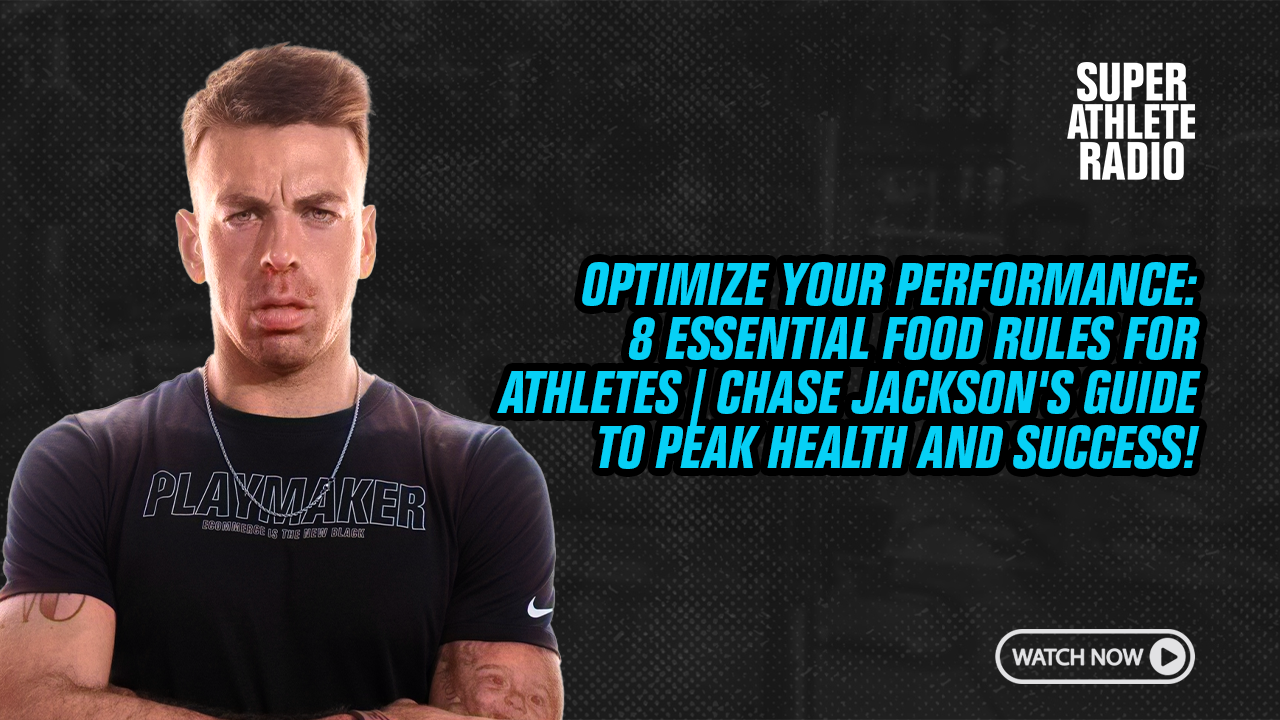You Recovering like Tua?
In the 2018 College Football National Title Game Miami Dolphin quarterback Tua Tagovailoa, was facing a 2nd and 26 down three points in overtime. On the prior play he had made a mistake and held the ball too long. Now the Pressure was on for him to recover and make something happen. You can see what happened next here.
Alabama Wins the National Championship and Tua goes down as a college football legend. We need to know that we will make “mistakes.” The trick is in getting REALLY good at recovering from them.
Its all about “collecting turnarounds.” You make a mistake—Fine. The Playmaker is able to go after things make mistakes, and then RECOVER quickly.
It happens.
Now, how fast can you recover?
How quickly can you connect to who you know you are capable of?
Mistake. Recovery.
Mistake. Recovery.
Mistake. Recovery.
THE INABILITY TO COLLECT TURNAROUNDS IN THE NFL
Dr. Michael Eysenck, emeritus professor in psychology at Royal Holloway, University of London, and Dr. Mark Wilson, professor of performance psychology at the University of Exeter developed some shit called the Attentional Control Theory - Sports (ACTS).
They explain it here,
“Sports provide an almost perfect environment for examining performance under pressure. Skills that have been honed and perfected during practice can break down just when the need to execute them is greatest. In studying this paradoxical effect. Baumeister defined pressure as “any factor or combination of factors that increase the importance of performing well. The proposed mechanism by which pressure exerts itself is via increased anxiety, an emotional response to threat, comprising cognitive worry and physiological arousal.”
Hopefully that above quote did not put you to sleep but what these guys are saying is that pressure should make us perform better but many times it doesn’t.
With their new ACTS framework developed, Eysenck and Wilson wanted to put it out into the real world to test its validity. Specifically, does the dependence of current actions on past mistakes really affect outcomes, and is that dependence heightened by a high-pressure situation? Want Products to Help you Perform at your Best in a High Pressure Environment? Shop Now. Testing athletes in the lab-created settings does not really offer the same adrenaline-pumping scenarios as an actual game in front of thousands of fans.
Most coaches will prohibit doing psychological research on players during a Game.
So, joined by their colleagues, David Harris and Sam Vine, Eysenck and Wilson dug into the massive game dataset of the NFL.
How massive? They extracted every single offensive play from every game for the 2009 to 2016 seasons – 212,356 plays, to be exact.
“Based on the predictions of ACTS, it was hypothesized that there would be: an increased probability of play failure on high pressure plays; an increased probability of one play failure following another (i.e., dependence); and an additional interactive effect, such that the negative effect of negative performance feedback would be exacerbated when pressure is already high,” wrote the researchers.
With the help of six experienced, college football coaches, they defined an offensive play failure as either a loss of possession, (a fumble or interception), or a lack of forward progress (an incomplete pass, or a tackle behind the line of scrimmage, including a sack).
A pressure situation included a cumulative 6 point (0-5) rating based on if the play was third or fourth down; the game score was within 8 points (one TD and a 2-point conversion); it was the fourth quarter; the offensive team was behind and had the ball; and they were in the “red zone,” inside their opponent’s 20-yard line.
The research team plowed through the data set (with help from computational tools), finding pressure situation, then observing the play sequence. They confirmed their first two hypotheses, as expected, that high-pressure situations caused, on average, more failed plays and that a failed play was most likely followed by another unsuccessful play. But what was interesting to support ACTS was that the combination of the two pressure and failure, increased the likelihood of a streak of negative plays. Players made a mistake and then they were unable to collect the turnaround.
“Not only does prior failure increase the chance of further failure, but this effect is larger under increasing levels of situational pressure,” the research concluded. “Indeed, at the highest levels of pressure (i.e., a pressure score of 4 or 5) there is a 50% probability that one failure will be followed by another, compared to only a 27% probability at low levels of pressure (i.e., a pressure score of
Yo that’s crazy!!! Why does this happen?
ACTS predicts this result, as the increased pressure causes a rise in the perceived cost of failure while a bad play will raise in the perception of the probability of losing.
Cognitive anxiety goes up and false, distracting clues fill the player’s attention and working memory.
Sooo what does this all mean.
Eysenck and Wilson believe that this is how playmakers distinguish themselves.
“Performers who can forget their mistakes (or good plays form opponents) – especially when pressure is heightened – are less likely to feel anxious and experience the disruption of attentional control associated with choking. It may be that this is a key characteristic of performers who are described as clutch under pressure. Second, practitioners seeking to help performers deal more effectively in pressure situations could use ACTS to guide intervening at two stages; first by reducing the likelihood that environmental pressure leads to anxiety-induced impairments to effective attention control.”
Its all about collecting turnarounds!!!
Having a short-term memory is almost a cliché among football cornerbacks.
Even the best will occasionally get beat by a wide receiver for a long pass or touchdown, with their mistake being seen by thousands in the stadium, if not millions on TV.
While they try to identify and remember how they lost the one versus one battle, the disappointment, either as an attentional or interpretative bias, cannot linger long in their memory.
Otherwise, as Eysenck and Wilson have shown, the next play could be worse.
Veteran NFL coach Jim Schwartz, now the defensive coordinator of the Philadelphia Eagles, knows the importance of dismissing blown plays, not to forget the lesson learned but to clear the mind of the next play. After a tough loss to the Minnesota Vikings in 2019, where his cornerbacks gave up 333 passing yards and four touchdowns, he said, “I don’t know that any of those were lack of confidence or [not] putting a play behind them, but whether it was a penalty, whether it was a physical error or a technique error or a communication error, another bad play ended up rolling up on them and that’s the life they live. It’s just what we deal with, and corners need to be able to put bad plays behind them, and we’ve been inconsistent doing that.”
These research results are not exclusive to football. In a 2011 data review, sport scientists found that the free-throw percentage of NBA players went down significantly in the last seconds of high-pressure games. Side note on this: People bring up Michael Jordan and his 63 point playoff Game against the Boston Celtics all the time but what nobody brings up was that Jordan hit 2 free throws with 0.00 on the clock. That’s clutch, and you can see here that Michael Jordan damn well made a career on collecting turnarounds.
Jordan, Failure, Nike Commercial
Its all about the process of “collecting turnarounds.” You make a mistake—disconnecting you from your highest self. Fine. It happens, so Motherfuckin what,
Now, how fast can you recover?
How quickly can you regain your connection to getting back on mission and unlocking your potential?
Mistake. Recovery.
Mistake. Recovery.
Mistake. Recovery.
Let’s get REALLY good at collecting those turnarounds.
So we now know that collecting turnarounds is a MASSIVELY IMPORTANT Skill. So how do we this???
By developing the habit one “C.T” at a time.
“We are what we repeatedly do. Excellence, then, is not an act, but a habit.”
One of the Reasons Why I am such a BELIEVER in our product line is that all of our products are scientifically designed to help us feel and perform at our Best.
The better we feel, the more energy we have, the better sleep we get, the easier it is to collect turnarounds.
You gotta try our Playmaker Daily Essential Package Today.
Shop Now and have fun seeing how quickly you can turn around the next mistake you make today.
Make it a Game.
In my many years of coaching people (including coaching myself) games are the absolute best and most effective route to inspired action. They get us out of the stands and into the Game cuz.
Let’s Gooo!
I Believe in your Greatness,
Chase



Leave a comment